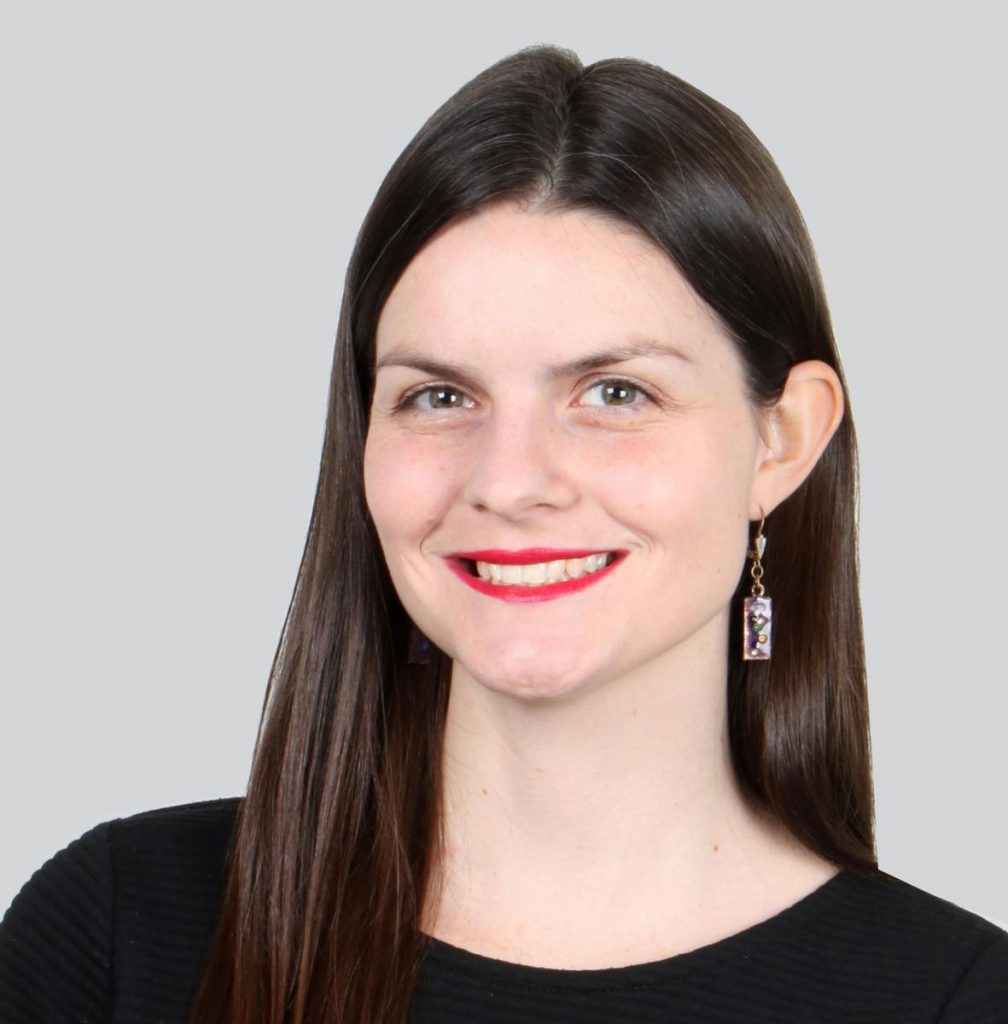Meet our students
If you want to get a sense of the wide range of subjects studied at Clare Hall, the best way is to ask the College members themselves about their specialisms. Here, our postgraduates share their work, achievements to date and interests outside academia…
Emilija Jovanović
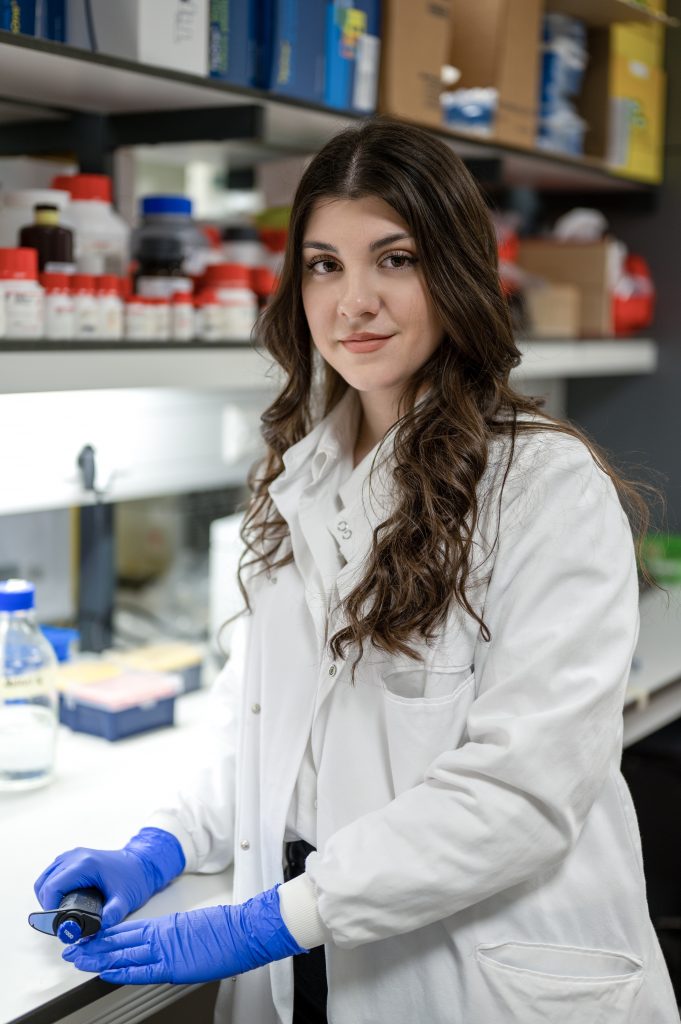
A Serbian student who grew up in Belgrade, Emilija joined Clare Hall in October 2022. After completing her Bachelor’s degree in Molecular Biology and Physiology at the University of Belgrade, she started a PhD in Stem Cell Biology in the Sampaziotis group at the Wellcome-MRC Cambridge Stem Cell Institute. During her time in Cambridge, Emilija will work at the interface between fundamental science and medicine, aiming to develop new strategies to regenerate damaged human livers and address shortage of human organs for transplantation. Emilija’s postgraduate studies are funded by Clare Hall’s Ivan D Jankovic Studentship and Trinity-Henry Barlow Scholarship.
According to Emilija, one of the main reasons for choosing a career in science is the opportunity for creativity that science has given her. Through her interest in both art and science, she came to realise that science itself is a form of art, and nature is the greatest artist. Aside from her academic research, Emilija is a science communicator.
She believes that most scientific discoveries still remain restricted to the experts. Therefore, she strives to bring science and society closer together. To widen the accessibility of science for the public, Emilija created a TV show focused on divulgating biological discoveries which was broadcasted on national TV channel in Serbia; while to engage her fellow students, thanks to the generous support of the Serbian Society for Molecular Biology, she co-founded the Students’ Society for Molecular Biology.
Emilija enjoys her time at Clare Hall. She is proud to be part of the friendly and supportive college community. This year, Emilija has joined the Clare Hall Boat Club and has participated in Emma Sprints. As a member of Clare Hall Allotment, she enjoys growing plants with amazing friends from all over the world. She says:
‘I think that the biggest benefit of being a Clare Hall member is that it feels like home. Our college is very diverse, and we celebrate diversity. It is the friendliest college I’ve been to.’
Ben Rae
Ben and his family moved to Cambridge from Australia in 2021 so he could study a PhD in the Divinity Faculty. He is exploring the literary nature of the Hebrew Bible/Old Testament book of Ecclesiastes.
Ecclesiastes belongs to a group of writings in the Old Testament that have a particular focus on wisdom. While Existentialism in the nineteenth and twentieth centuries raised the question of how life can be meaningful if one does not believe in God, Ecclesiastes shows that the question of what is worth doing in life is relevant to everyone -regardless of their religious persuasion. It points out that everyone, whether rich or poor, wise or foolish, will die and we cannot take our achievements with us. Ben is exploring whether Ecclesiastes is simply a collection of sayings revolving around this theme, or might it have a narrative thread or argument that runs through the entire book.
Ben shares that ‘in a society that is increasingly struggling with questions of meaning and significance in life – not least among university students -the insights of the Bible and its ancient Jewish wisdom have much to contribute.’
Ben and his wife Shelley live at Clare Hall with their two daughters (12 and 3). Although adjusting to English weather has been a challenge, they have enjoyed immersing themselves in the Clare Hall community. Ben has been part of the Boat Club as well as the current president of the Clare Hall Cricket Club. Ben and Shelley have particularly appreciated the way the College works to include families, and enjoyed being able to meet other parents and children on site. The monthly family dinners have been a highlight, as have various events such as pumpkin carving and trick-or-treating at Halloween.
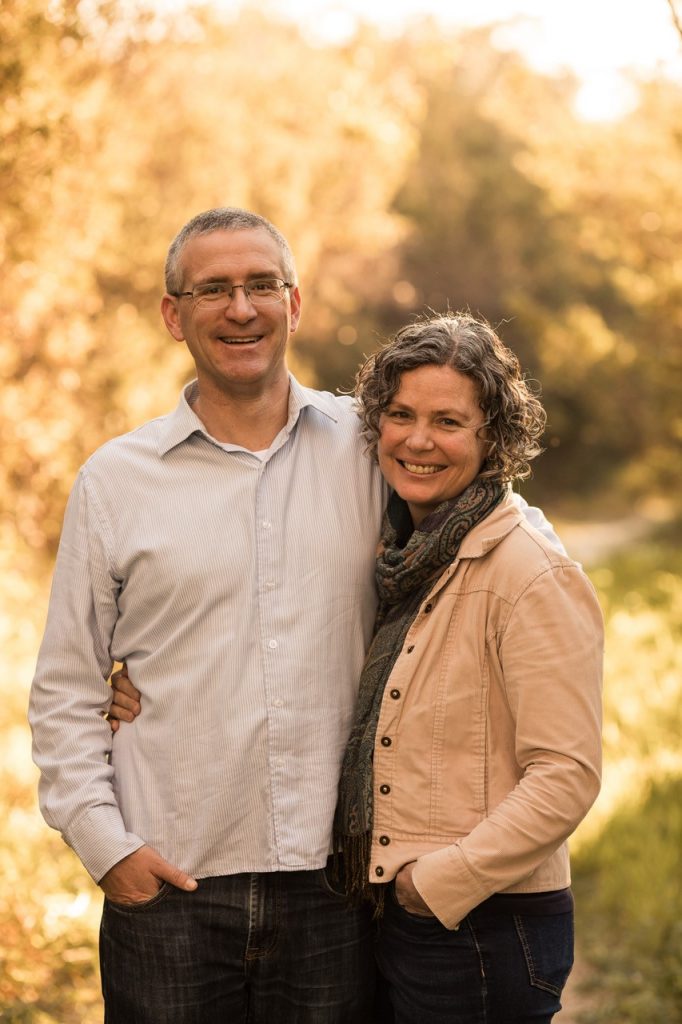
Carolina Álvarez
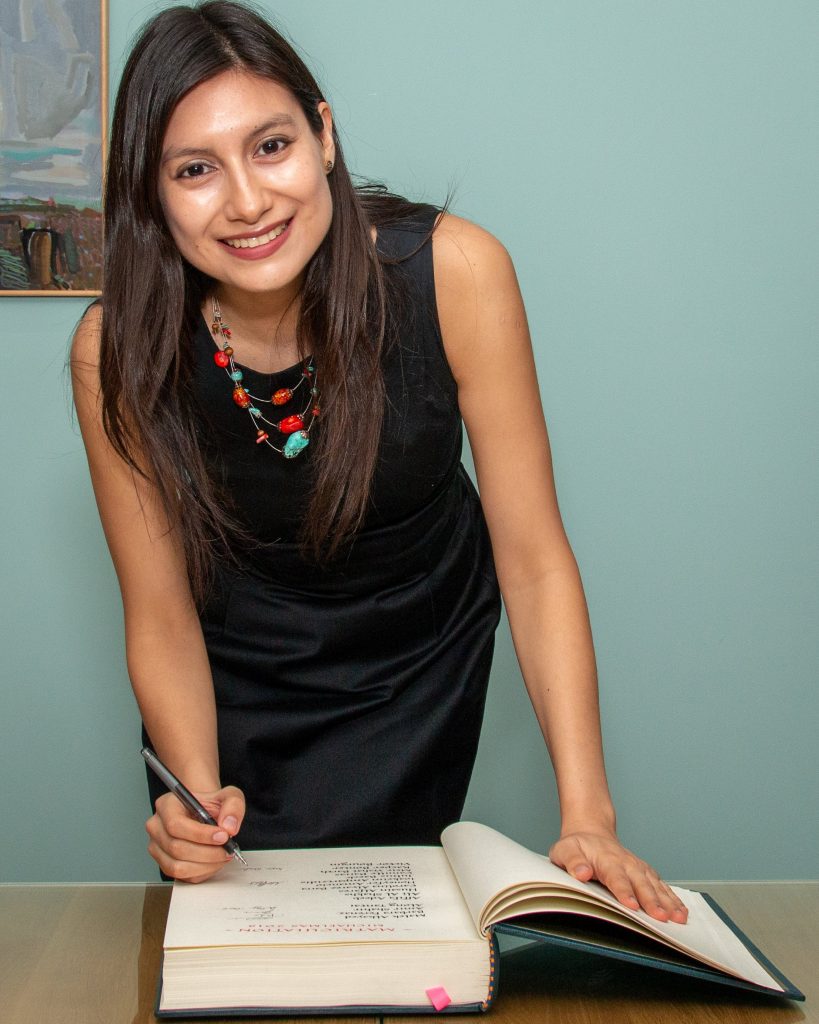
Carolina is studying a PhD in Psychology at the Centre for Neuroscience in Education, and is funded by the National Agency for Research and Development of Chile (ANID) and the Cambridge Trust. Her area of research is Child Development.
Her research focuses on how main caregivers’ cognitive skills and wellbeing relate to their children’s development of academic and socioemotional skills. Carolina is analysing a nationally representative sample from Chile, a Latin American country from an economically very unequal geographic area of the world, seriously underrepresented in research. There is a clear need for culturally relevant research linking to international data. Therefore, she is also exploring whether previous findings from Western countries replicate in the Latin American context. Carolina is analysing a large database, the Early Childhood Longitudinal Study, with a sample of approximately 17,000 children followed at three time points (years 2010, 2012, and 2017). The sample size is notably larger than that of many previous studies, and this is especially important as some relevant effect sizes range from small to medium in comparable studies in the field.
Results can be generalised to a large population in Latin America. This work can inform the design and assessment of public policies and interventions promoting child development and supporting parents.
In 2022, Carolina published ‘The relation of school achievement with self esteem and bullying in Chilean children’. Her upcoming paper focuses on maternal mental health and children’s cognitive and socioemotional outcomes (under revision) and she is currently analysing longitudinal predictors of math achievement and receptive vocabulary (Carolina’s list of publications can be found at https://www.cne.psychol.cam.ac.uk/staff/carolina-alvarez).
Carolina is very proud to be part of the Clare Hall community. At the College, she has felt supported and has made amazing friends from all over the world. She highlights the diversity of the College as one of its strengths. This year, Carolina has joined the Clare Hall Boat Club and has participated in Qergs and Emma Sprints.
Olivia Gaughran
A Mexican-Irish student who grew up in Seattle, Washington, Olivia Gaughran joined Clare Hall in October 2021. After graduating with a Bachelor’s in Social Work and Interdisciplinary Liberal Studies from Seattle University, she came to Cambridge to study an MPhil in Social Anthropology. Whilst she did not study Anthropology formally in her undergraduate education, she retained special interest in Medical Anthropology and sought out a graduate degree which would allow her to continue investigating complex body experiences such as chronic illness, trauma and wellbeing responses, the sensory experience of physical touch, and body consciousness. She has executed independent qualitative research projects along these lines using ethnographic interviewing, diary analysis, focus groups, contextual enquiry, and extensive literature reviews.
Olivia’s MPhil dissertation is an ethnographic analysis of forgiveness narratives. She has spent two months at her field site in London, reading and analysing hundreds of journals authored by men and women incarcerated in British prisons between 2009 and 2019.
She aims to produce a genuine and thoughtful exploration into their narrative worlds, coming to a more complex understanding of how discourses inform a wider structure of social relationships with forgiveness – specifically, how forgiveness is navigated through language. Research that spends time exploring and witnessing hurt, anger, shame, and healing is very important to her ethos as a person and student, and she hopes to continue working with these themes after she graduates.
In her spare time, Olivia also plays for the Cambridge University Association Football Club (CUAFC) as a centre-midfielder; bakes for her housemates; and writes for her personal blog, The Olly Project. Her time at Clare Hall has been one of the most special times of her life and she is forever grateful for the friendships she has made here.
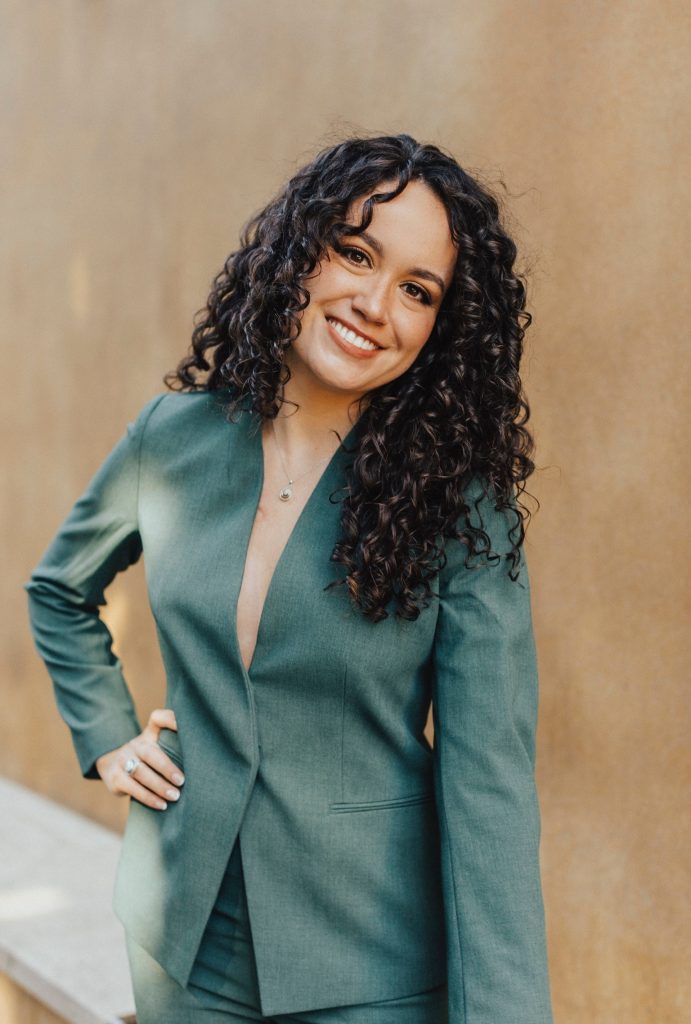
Noa Leach
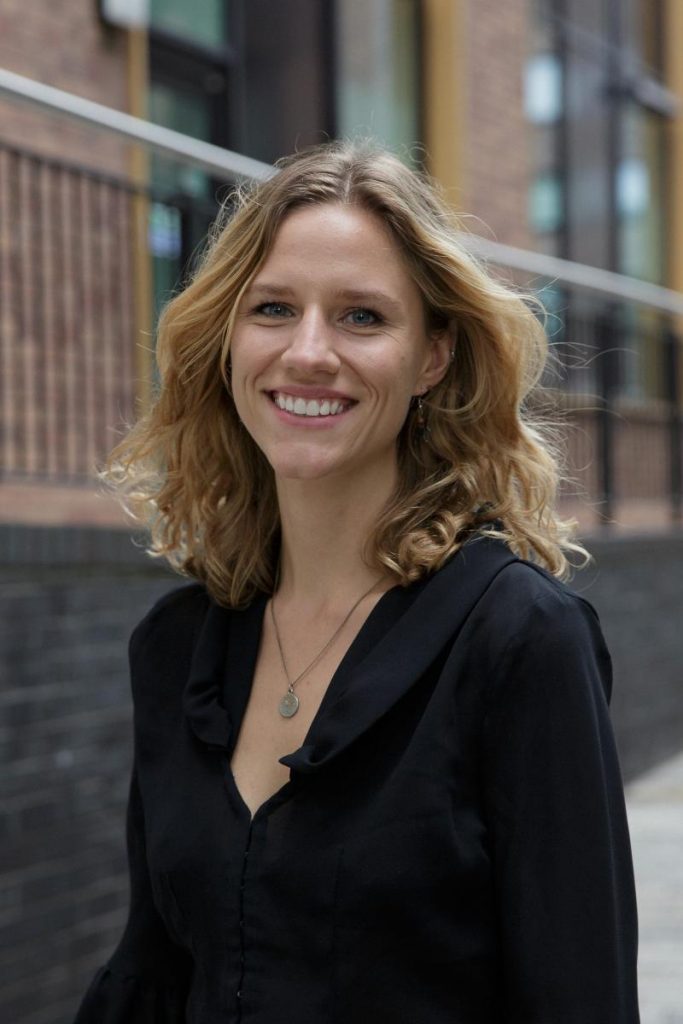
Noa Leach is an MPhil student in the Faculty of English for the 2020-21 academic year, studying Criticism and Culture. Her dissertation tracks literary representations of the shifting landscapes and cultures of the twentieth century by investigating the relationships between walking, writing, and womanhood.
Modernist literature reveals the important roles that walks and hikes played in granting women freedom and power in a time of radical environmental and societal change. Though little land was formally owned by women in the early twentieth century, the memoirs and fiction of well-known writers such as Virginia Woolf and Katherine Mansfield, and lesser-known writers such as Nan Shepherd and Djuna Barnes, redefine the figure of the ‘flâneur’ from a solo male city-walker towards sensual and empowering female connections with the natural world. While the scholarly field has become increasingly aware of temporal and cultural roots of the Anthropocene, Noa’s research aims towards a revisioning of the canon in light of contemporary ecocriticism in order to investigate the ecofeminist roots of the modern environmental novel.
Alongside her dissertation work, Noa has been researching postcolonialism and environmentalism in modern India through Arundhati Roy’s fiction, as well as Indigenous storytelling in the circumpolar north and its responses to the sounds of melting ice. She has particularly enjoyed surveying the contributions of various media forms to the contemporary ecocritical conversation, from ice sculptures and soundscapes to radical poetry and polemical prose. Her MPhil is fully funded by Clare Hall’s Boak Studentship.
Noa’s background is rooted in interdisciplinary studies of the environment within the arts. Before joining Cambridge, her undergraduate research at the University of Bristol focused on the origins of deep ecological thought in literature and their intersection with scientific discoveries. After graduating she worked at Ol Pejeta Conservancy, Kenya, on education, tourism and marketing, and subsequently in the UK on creative communication around sustainable fishing and marine conservation.
Aside from her academic research, Noa is a GSB Green Officer and assists the student newspaper Varsity as part of its Publishing Team. Noa has been enjoying splashing around in the Cam with the Clare Hall Boat Club and writing short fiction and prose.
Clare Hall is very grateful to the late Denis Boak of the University of Western Australia, for his generous bequest to support student research in College. The Boak Fund provides one full bursary per year for a student to study at Master’s level, and also supports the research of many students in College, for archival materials, conferences, and much else.
Dylan Siriwardena
A PhD candidate in the Department of Physiology, Development and Neuroscience, Dylan Siriwardena previously completed his Bachelor’s and Master’s degrees in Cellular and Molecular Biology at the University of Ottawa.
All human life can trace its origins to a single cell that divides and morphs into the great variety of cell types that form the human body. Dylan studies the mechanisms by which these early populations of cells differentiate or ‘decide’ what cell type they will change into in marmosets. Specifically, he works with trophoblast stem cells, whose primary role is to form the placenta. The placenta (and so too trophoblast development) is essential for a successful pregnancy as it mediates nutrient and waste exchange between the mother and child. He hopes his work will better our understanding of placenta formation and aid in the development of treatments for placental diseases, such as preeclampsia, that endanger both the mother and child.
Understanding how these first cell decisions are made is essential to understanding how primate life forms. Moreover, numerous pregnancy complications and developmental disorders can trace their origins to defects in these early decisions. To help understand this complex processes, Dylan and his colleagues in the Boroviak Lab aim to generate a synthetic marmoset synthetic embryo by layering the three major early cell types (trophoblast, epiblast, and hypoblast) to form an embryo-like structure and observe how that structure develops over a short period. Studying the development of this synthetic embryo will provide unique and invaluable insights into how a small cluster of primate cells has the potential to form a functioning organism.
Dylan’s PhD is funded by the Centre for Trophoblast Research and the Cambridge Trust.
Beyond his research, Dylan is a member of the Clare Hall Cricket team and All Grey’s Rugby club. When not in the lab or on the pitch, he can be found rollerblading the bumpy streets of Cambridge.
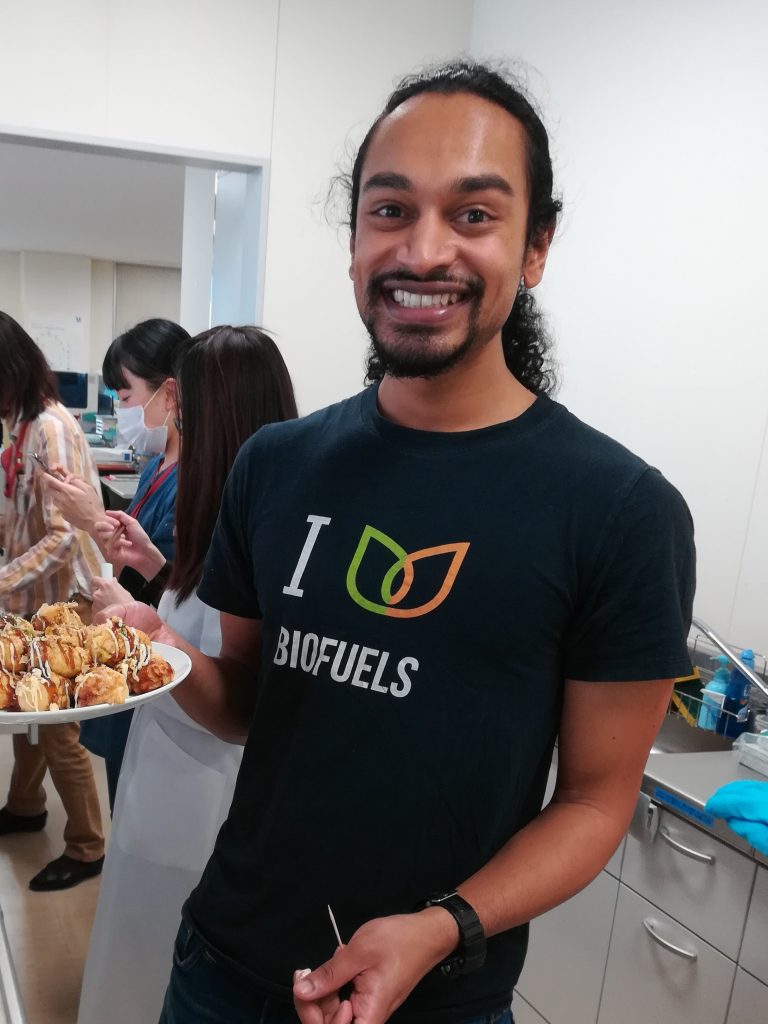
Chris Brammeld
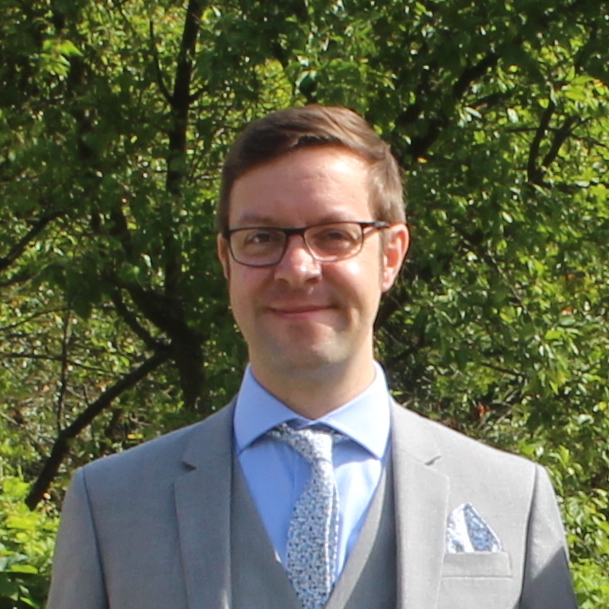
Chris Brammeld completed his PhD in Music at Clare Hall in 2020 with a portfolio of original compositions entitled Constructing Landscapes: Towards A Hybrid Tonality. He previously read Music at the University of Nottingham, and then completed an MMus in Composition and Music Education at the University of Sheffield.
Chris’ compositions include chamber, vocal and choral works, as well as two ballets, orchestral compositions and arrangements, wind band music and music for children and amateur performers. His music has been performed in the UK, Europe, Asia and North America, at Presteigne Festival, Penkhull Festival, Cambridge University, Kettle’s Yard, the Hertfordshire Chamber Music Series, the Adrian Boult Hall in Birmingham and St John’s, Smith Square.
Performers of Chris’s work include VOCES8, the Tippett Quartet, Ensemble 2021, Britten Sinfonia, Berkeley Ensemble, Ligeti Quartet, Equinox Saxophone Ensemble, Donna Lennard, Benjamin Graves, Bedriska Trio, Greg Hallam, Mimi Doulton, Robert Thompson, Simon Callaghan, Jocelyn Freeman, Amy Dickson, Swansea Bach Choir and London Youth Choir.
His composition teachers have included Nicholas Sackman, George Nicholson, Peter Fribbins and Richard Causton.
In addition to his composing activities, Chris is Artistic Director of the Penkhull Festival of Music and Art in Stoke-on-Trent, and a trustee of the Piano Trio Society.
Jasmyne Eastmond
Originally from Markham, Ontario (just outside of Toronto), Jasmyne Eastmond is an MPhil student in the Faculty of English, studying Criticism and Culture. Her research focuses on the intersection of postcolonialism and environmentalism in Black diasporic literature.
Jasmyne’s MPhil dissertation surveys the work of Edgar Mittelholzer (1909-1965) through postcolonial and ecocritical frameworks, using indigenous points of reference to re-define Caribbean environmental thought. Mittelholzer was a Guyanese novelist, considered the first professional novelist to come out of the English-speaking Caribbean.
Unveiling an ancestrally rooted Caribbean national consciousness demands examining any continuity from indigenous African cultures to contemporary experience. Jasmyne’s research argues that national consciousness must be further divided into its constitutive elements, including environmental awareness. Through ecocriticism, her work scrutinises the extent to which ecological awareness, as portrayed in African diasporic literature, perpetuates either traditional indigenous or colonial hegemonic ideologies.
Jasmyne aims to identify an African national consciousness in the diaspora and clarify its role in generating specific environmental awareness. She intends to illuminate diasporic ecological narratives and explain relationships among often vulnerable groups, their conceptualisations of, and consequent relationships with, natural environments.
Prior to Cambridge, Jasmyne’s interest in the interconnectedness of artistic expression and ecological change drove her to complete a Bachelor of Science with a Double Major in Biology and English Literature at the University of British Columbia (Vancouver).
Outside her course, Jasmyne serves as an Equalities Officer on the Clare Hall Graduate Student Body Committee; an Interviews Writer for The Tab Cambridge; and an Editor for the Cambridge Review of Books. She has also co-founded the non-profit organisation ECHO Canada and worked as a Research Assistant for a Professor of Sociology at the University of Pennsylvania.
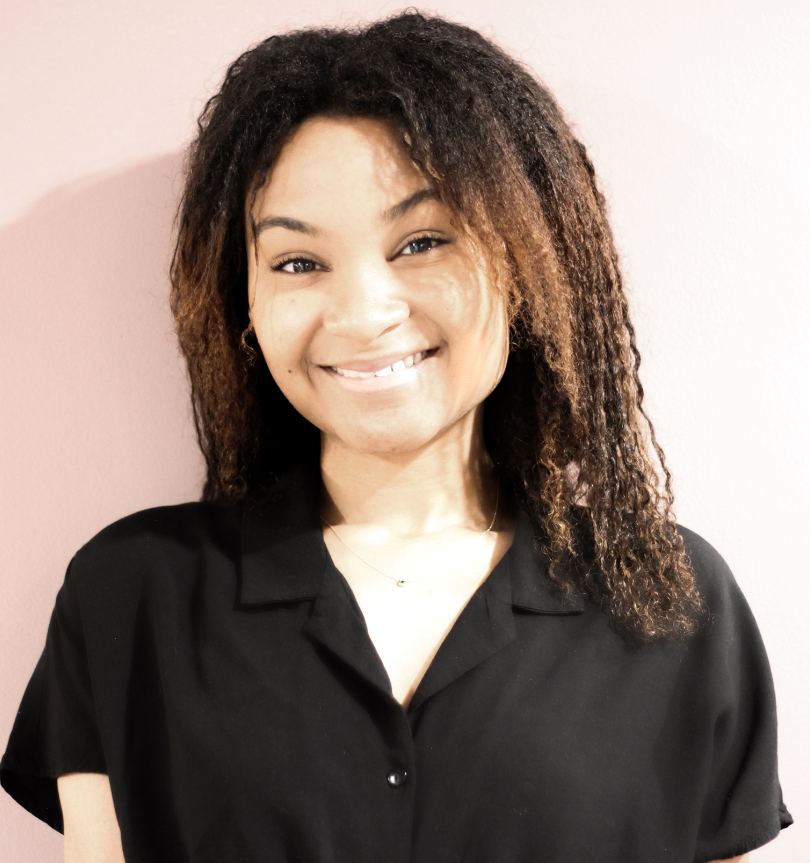
Charlotte Salley
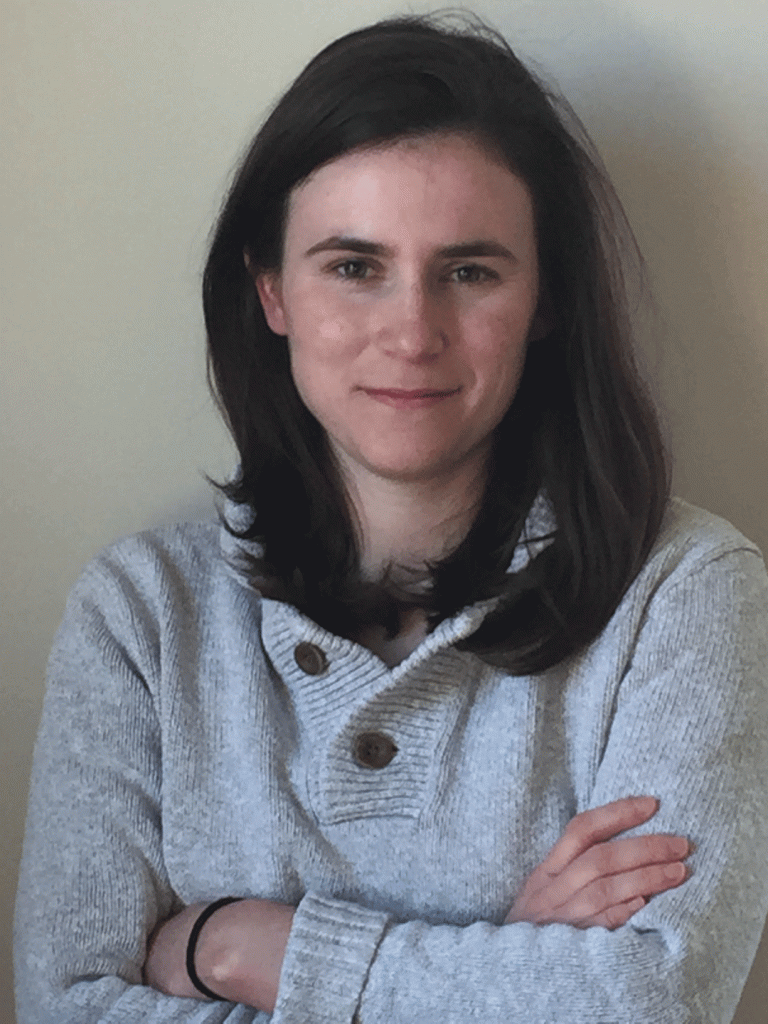
Charlotte Salley wrote her MPhil dissertation in the Faculty of English, 2018–19, on the later novels of Willa Cather (1873–1947).
After the grand adventures in Willa Cather’s Midwestern prairie trilogy, two of her later novels—The Professor’s House (1925) and Shadows on the Rock (1931)—turn quietly inward, toward more muted and moody discoveries. It’s from an attic atelier, an ancient cliff dwelling, and snowed-in Quebec City that each character can, should they wish, look out at the world. But Cather, ever an authorial enigma, presents a dimensional paradox. The protagonists’ coming of age (or ageing) experiences are tempered by a confined environment. Charlotte’s dissertation examined how one can learn and grow from within a hemmed-in scenario. What are the lasting effects of an outside-in rite of passage, where bound spaces either encourage or hamper educational development?
At the turn of the twentieth century, nearly thirty years before Cather published these two popular novels, she was herself in a confined environment: She spent five years teaching high school. Biographers have given limited attention to this period, but Charlotte’s dissertation looked at how, corralled as Cather was within the academic calendar, watching so many students grow up left an impression. It’s odd, though, that Cather’s later characters learn through experience instead of traditional classroom work, which was her teaching style. Charlotte used the works of progressive contemporaries John Dewey (the Laboratory School) and Dorothy Canfield Fisher (Montessori education) to help differentiate between Cather’s pedagogical and fictional character development. Is the contrast ironic, paradoxical, or just a belated trickle-down consequence?
An adaptation of Charlotte’s dissertation was published in Literary Imagination. During her time at Clare Hall, Charlotte also wrote a column for the American Scholar, which often featured long walks out the back gate of West Court.
Yishai Barth
Meir Yishai Barth (Yishai to his friends and colleagues) is a graduate student at Clare Hall with a background in social philosophy, communication theory, and disability studies developed at the University of Massachusetts Commonwealth Honours College. In the 2019-20 academic year, he completed an interdisciplinary MPhil in ‘Health, Medicine and Society’ in the Cambridge Department of History and Philosophy of Science as well as the Sociology, History, and Anthropology departments. Yishai’s research explored the rehabilitation of identity from the harmful impacts of biographical disruption caused by the diagnosis of many chronic conditions and ‘disabilities’.
Yishai self-identifies as a bio-divergent or diff-abled person with disabilities. His wider research interests centre on the study of human ability and development treatment and understanding of society, particularly as it relates to individual and group identities. His research over the past year consisted of a multi-method ethnographic study of a manifestation of Sci-Fi and fantasy culture to study identity narrative authorship practices within that context.
Yishai was awarded a scholarship from the Gates Cambridge Trust to continue on to a PhD in the Cambridge Department of Sociology and he was awarded the Forrester Prize for highest MPhil dissertation mark in his course for the year.
Following a one-year deferment due to Covid-19, he intends to continue his research by conducting a multi-method comparative ethnological study of a wide variety of different fields where ability-based identity construction takes place. In the meantime, Yishai intends to spend 2020-21 working on the development of a blog platform and the writing of a book entitled The Theory of Everyone to translate his ideas on identity, ability, biodiversity, and the essence of humanity in post-modernity into a format suitable for wide public consumption. Yishai eventually aims to embark on a career in the academy as an activist, scholar, and social thinker.
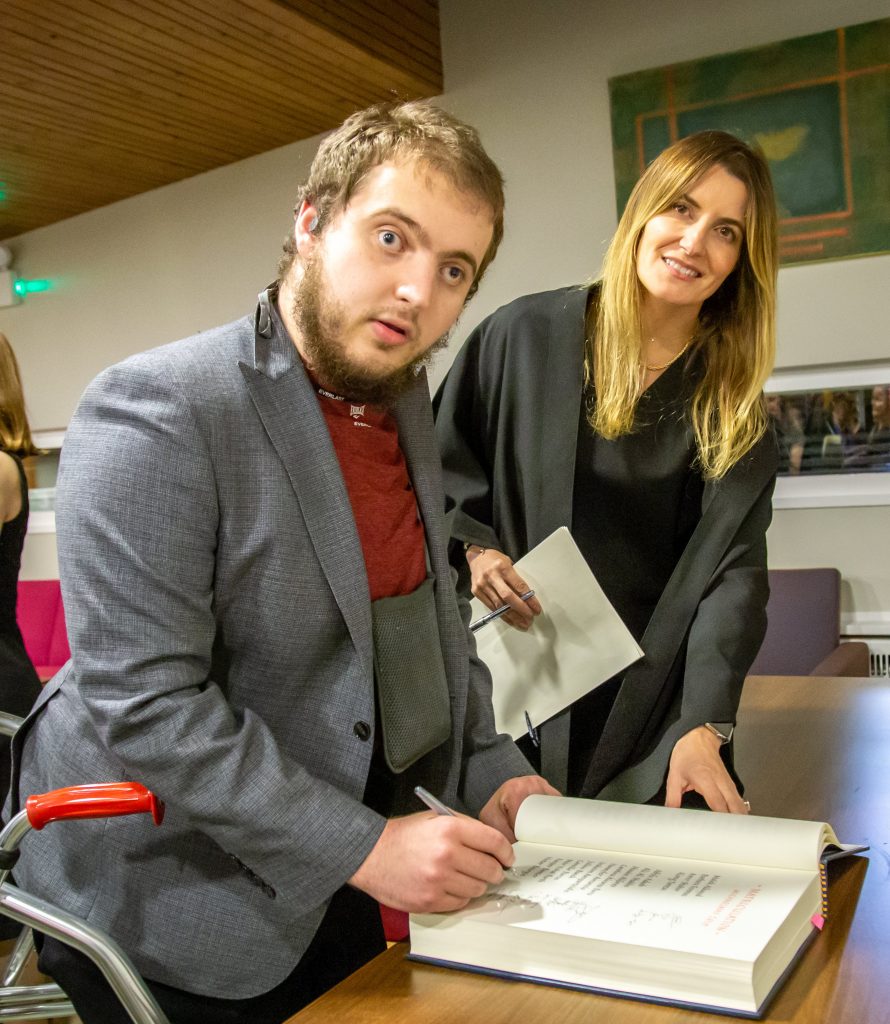
Emily J. Goodacre
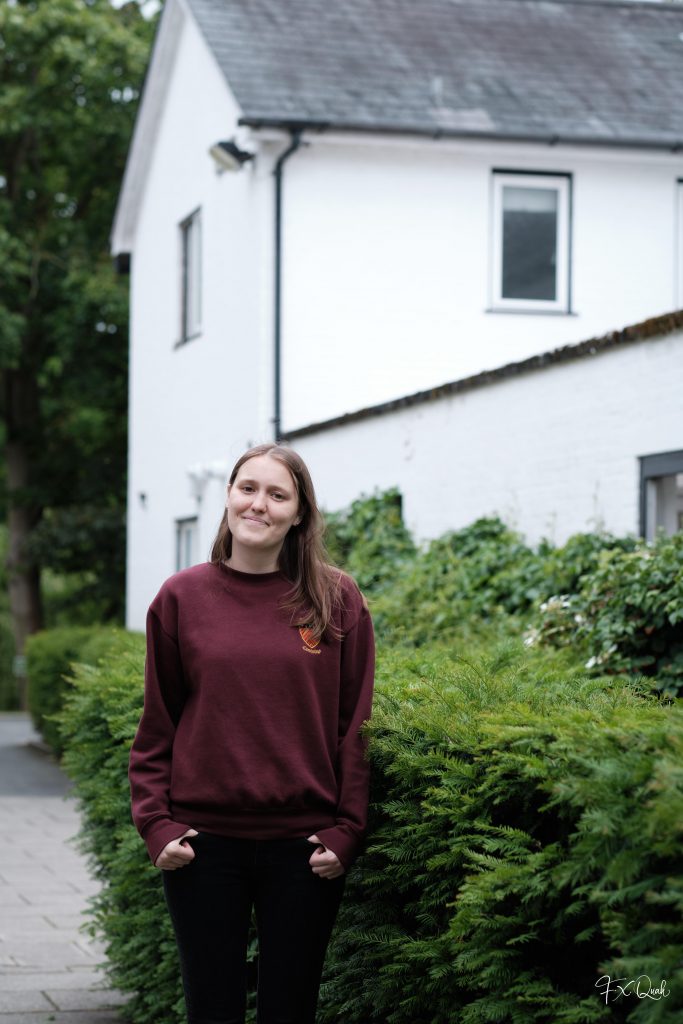
Emily is a PhD student in Education, based at the Centre for Research on Play in Education, Development, and Learning (PEDAL) and researching children’s play communication.
Her research focuses on children’s conversations during play. When children play together, they discuss all kinds of things: the characters, storyline, and each child’s role in acting out the story. If they communicate effectively, the play can continue and develop. On the other hand, ineffective communication could lead to an early end of the play session. Take this example: Camilla says to her playmate Clive, ‘The baby’s hungry!’ If Clive responds, ‘Let’s make the baby some pizza,’ then the play can continue where the children act out making a pizza and feeding it to the baby. However, if Clive responds, ‘The train goes choo choo,’ it’s clear that the two children are not on the same page, and it may be difficult for the children to continue playing together for long. Clive’s first response was connected to what Camilla said, as it maintained the topic of conversation, but his response in the second scenario was not connected. Connecting conversation over multiple turns indicates that two children are on the same page and can help maintain the play.
Emily analyses children’s connected communication to see which skills and abilities (such as language, emotion comprehension, and theory of mind) might help children to maintain a connected conversation.
Her research accounts for the social dimension of communication, incorporating the development and abilities of both children in her models because both children make contributions to the conversation and the play interaction.
Emily’s PhD is funded by the Vice-Chancellor’s & LEGO Cambridge Scholarship, awarded by the Cambridge Trust in partnership with the LEGO Foundation.
Before coming to Cambridge, Emily studied at New York University for a Bachelor of Science in Early Childhood and Special Education. She came to Clare Hall in 2017 for an MPhil in Social and Developmental Psychology, researching parents’ use of mental state terms (e.g. want, need, like, hate, happy, excited) with their toddlers during shared picturebook reading. She’s been at Clare Hall ever since, beginning her PhD in Education in 2018.
Beyond her research, Emily has been a bartender in the Anthony Low Building (ALB) bar since beginning her MPhil and has recently been appointed ALB Bar Manager. She has been heavily involved in the Graduate Student Body (GSB) Committee for two years – one as Treasurer and one as Vice-President – but has now stepped back from the committee to focus on the final year of her PhD.
Meghan Keenan
Hailing from Toronto, Meghan studied for the MPhil in Public Policy at the Department of Politics and International Studies in 2019-20. For her dissertation, she researched the effectiveness and feasibility of restorative justice programs for sexual assault cases in Ontario, Canada.
Reported sexual assault cases are rapidly increasing in Ontario, but the criminal justice system fails to support both the recovery of survivors and the safety of their communities. Many stages of the criminal justice system, from reporting an assault to being cross-examined in a criminal trial, can cause secondary trauma for survivors. According to Statistics Canada, 80% of survivors do not report, and approximately 5% of reported cases result in a custody sentence. Despite considerable evidence that access to public services is a more cost-effective way to address the roots of violence compared with punitive measures, $20 billion CAD of public funding is spent on police, courts, and prisons per year.
Restorative justice programmes are a proven and effective alternative to traditional punitive justice. The principles of restorative justice are empowerment, participation, self-determination, reconciliation, healing, and re-integration into society. Survivors are empowered to voice their experience without feeling scrutinised, and offenders have the opportunity to accept responsibility for their actions and to express remorse. Practices include but are not limited to: victim-offender mediation, community conferences, and restorative circles.
Meghan is researching policy options for restorative justice programme implementation in Ontario as an alternative to the criminal justice system for survivors of sexual assault. Funding restorative justice programmes for sexual assault cases, as well as victim services and offender rehabilitation programmes, will allow Ontario to reduce costs and invest significantly in community services that attack the roots of violence, rather than continuing to invest resources into a carceral system that perpetuates it.
Meghan is also interested in research around the social implications of emerging digital technologies, particularly algorithmic justice and data privacy. As part of her MPhil programme, she spent two months working on technology policy projects with the Smart Cities team at the Greater London Authority. Prior to her MPhil degree, she spent two years working for a Computer Science Professor at McGill University. She worked for the Centre for Social and Cultural Data Science, the Network Dynamics Laboratory, Charitable Analytics International, and the Digital Democracy Project.
Outside her course, Meghan is a member of the Clare Hall Boat Club women’s team, which won Blades in virtual May Bumps in 2020. She is also an Associate Editor of the Cambridge Review of International Affairs, a bartender at the Clare Hall Anthony Low Bar, and a Research Assistant for a Professor at the McGill University Faculty of Law.
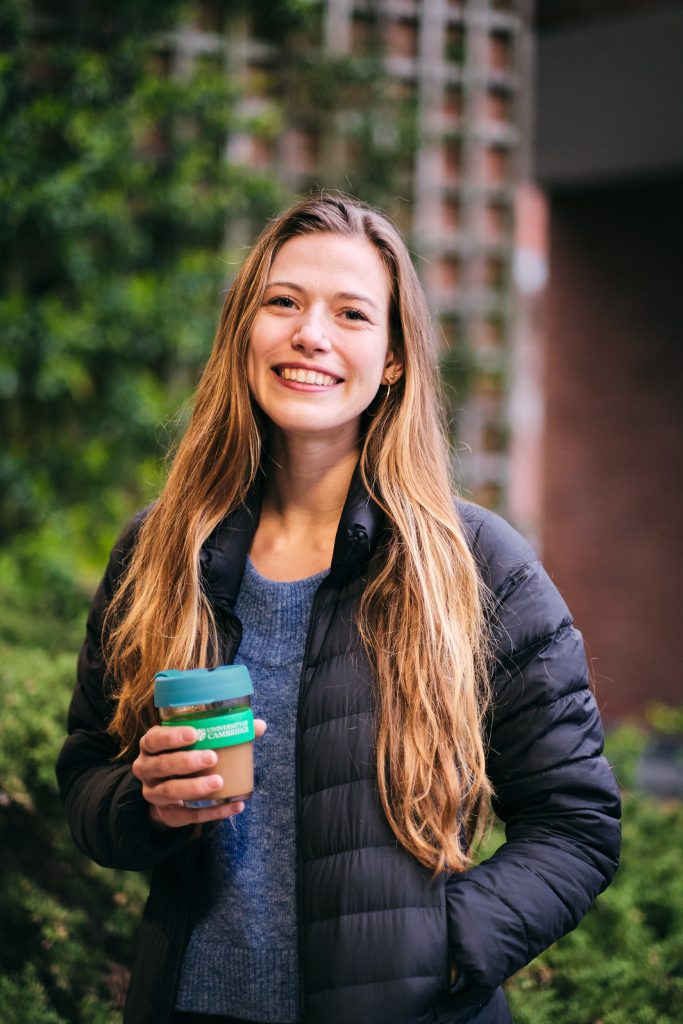
Yuzhe Stephen Chen
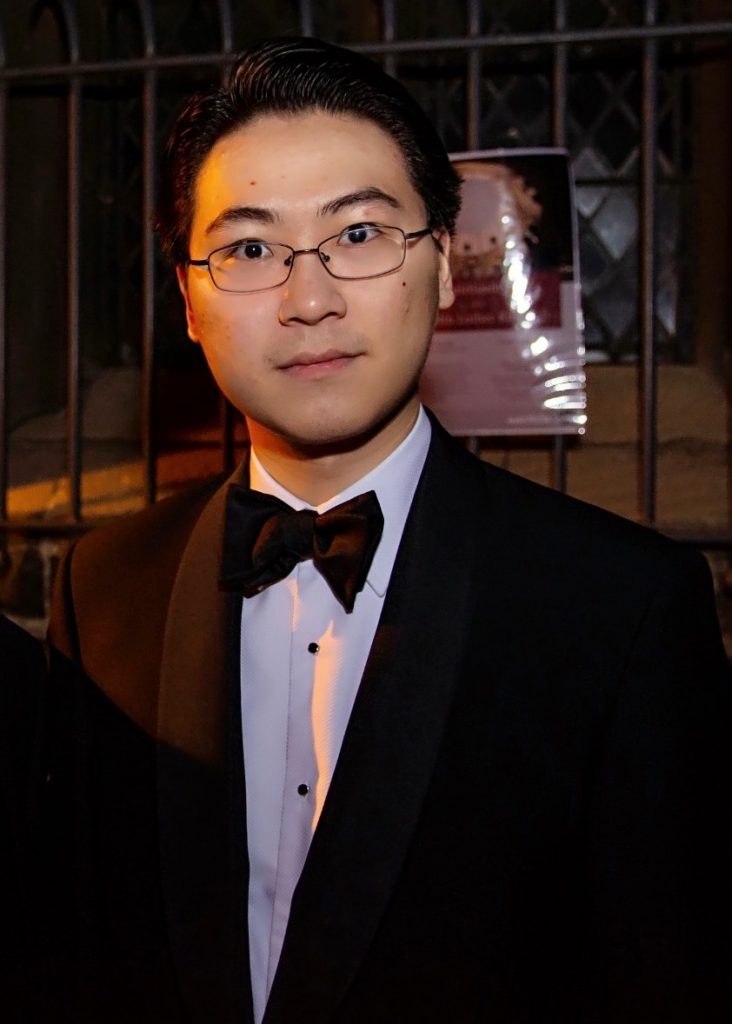
Stephen Chen is an MPhil music student at Clare Hall who completed his studies on musical composition in 2020. Having obtained his bachelor’s degree from Durham University, he began his research on practices of cross-cultural synthesis in works by East Asian composers, especially those of Chinese origin. His thesis aims to provide a global perspective on contemporary Chinese music, addressing the concerns on the conflict between values of twentieth-century musical idioms and cultural/national identity.
During his ten-month study, Stephen has completed four compositions with a total duration of 45 minutes. These compositions are a reflection of his self-exploration/experimentation on cross-cultural synthesis, balancing qualities of different musical traditions and compositional practices. The inspiration for these works roots in his love of traditional Chinese poetry, calligraphy and mythology, from which he seeks to reimagine as well as reinventing his own cultural heritage.
By manipulating different timbral sonorities and incorporating them in a carefully ‘serialised’ framework, Stephen continues to search for new modes of musical thinking and writing that he has previously ignored, utilising their expressive potential for musical integration.
Besides his composition studies, Stephen is also an accomplished pianist. With an in-depth knowledge on different historical styles and composers, he performs in a wide repertoire, ranging from Bach to Boulez. During his time at Clare Hall, he joined the college choir as an accompanist and occasionally sung in the bass section.
Bernhard Seidler
Bernhard Seidler is an MPhil student from Germany studying at the Department of History and Philosophy of Science (HPS) in 2019-20. His previous degrees were taken at Ludwig Maximilian University and the Technical University, Munich, in art history, classical philology and medicine.
In his MPhil course, he focused on the relationship between early modern aesthetics and medicine. He is writing his dissertation in the interdisciplinary field between medical history, early modern literature and art history. Focussing on the geographical region of Central Western Europe during the Renaissance and Baroque periods, he examines biographies of artists to ask what they tell us about the physical and medical body of the artist.
Accounts of famous artists’ lives were a type of literature which spread from Renaissance Italy all over Western Europe. They were written by artists who wanted to secure their social status at court for an audience of art collectors, artists, and other people interested in art.
Berhard looks at biographies of artists Francesco Francia, Fra Bartolommeo, Jacob de Backer, and Robert Nanteuil. Curiously, these works abound with details about physical accidents and diseases that the artists suffered from during their lives.
To date, these details have been either neglected or taken at face value, whereas Bernhard hypothesises that many of them were fictional passages inserted in order to suggest the physical impact of making art on the body of the artist. This physical value of art has been underestimated in favour of moral, social, and metaphysical values.
Bernhard intends to work more broadly on this subject in his PhD project. His studies in Cambridge were supported by the Clare Hall S. J. Lee bursary, the Kurt Hahn scholarship, and the German Academic Exchange Service (DAAD) Scholarship.
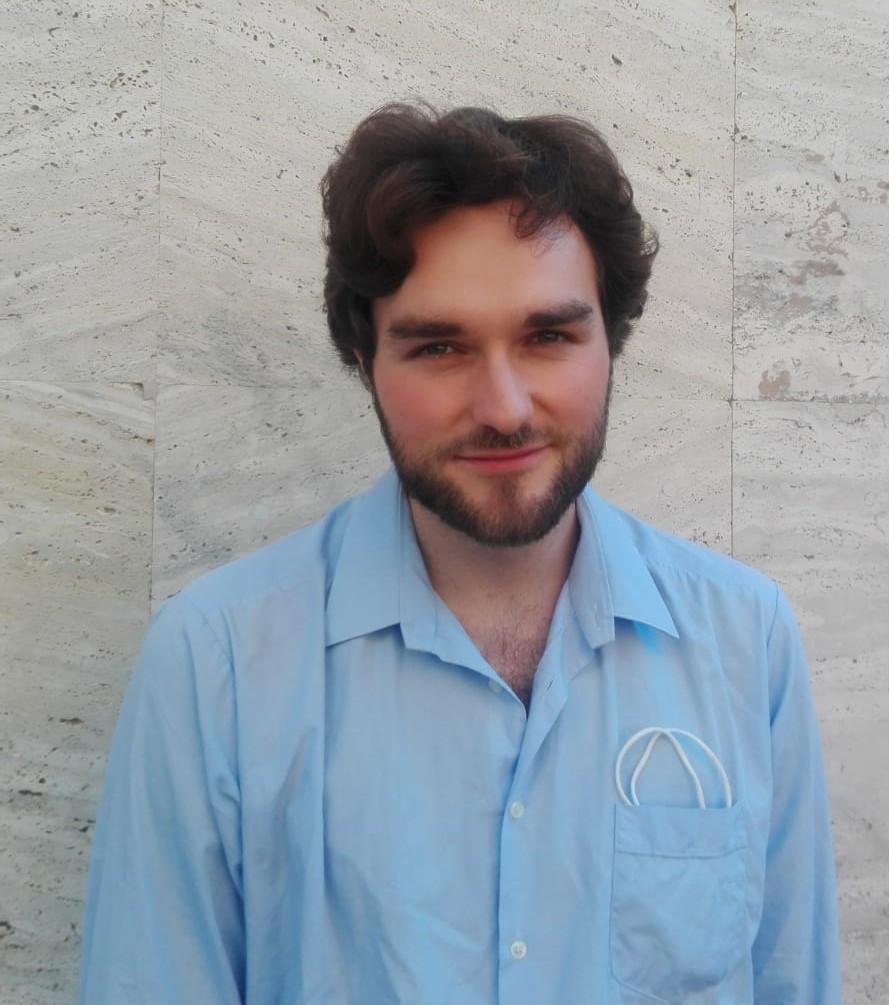
Animesh Jain

Animesh hails from India and is pursuing his PhD at the Department of Engineering. He is funded by Harding distinguished postgraduate scholarship.
He is currently studying one of the most intractable and persistent challenges in rocket and aircraft-engine development with a completely innovative approach: prediction and control of thermoacoustic instability by exploiting symmetries. Air transportation is anticipated to double over the next couple of decades, which calls for novel methods to cut back on up to 80% in oxides of nitrogen (NOx) and up to 50% in noise. The downside of making aircraft engine cleaner is that the lean flame burns unsteadily. In this complex multi-physical environment, the sound waves interact with the flame to generate violent thermoacoustic oscillations. During his PhD, Animesh will try to propose a new framework to predict thermoacoustic oscillations by grouping theory into software using tools of machine learning and artificial intelligence for optimal design to make aircraft engines cleaner and quieter. His research interest includes fluid dynamics, aircraft propulsion, machine learning and artificial intelligence.
Animesh has previously worked on a joint project with Indian Space Research Organisation and Indian Institute of Science on checking the possibility of making ‘space bricks’ using bacteria with in-situ resource utilisation for extra-terrestrial settlements. Also, Animesh was awarded Indian Institute of Technology, Varanasi gold medal for his academic achievements in his undergraduate and postgraduate studies.
Apart from research, he has a keen interest in eastern mindfulness spiritual practices and has been practising yoga and meditation for many years.
Tristan Begg
Tristan is currently pursuing a PhD in Biological Anthropology in close affiliation with the Max Planck Institute for the Science of Human History. He is a dual citizen of the United States and the United Kingdom and grew up predominately in San Jose, California. His undergraduate background from UC Santa Cruz is in physical anthropology, focusing on skeletal remains and human evolution, but he transitioned to ancient DNA during his MSc at the University of Tuebingen.
Tristan’s current PhD work follows on his previous research aiming to improve the material and economic efficiency of extracting genomic quantities of DNA from small quantities of ancient and historic hair. He hopes that combining these methodological improvements with the dramatic advances in medical genetics will enable historians and biographers to analyse the genomes of historical individuals from whom hair samples abound and to address particular questions in historical biography that genetics is well suited to answer. He is terming his subdiscipline ‘genobiography’.
Tristan’s favourite hobbies include woodworking, metalworking, car and motorcycle restoration and he has an active interest in history and archaeology, particularly the Napoleonic Wars, the American Civil War and both World Wars. He also enjoys playing a range of musical instruments including bagpipe, guitar, piano, violin and viola.
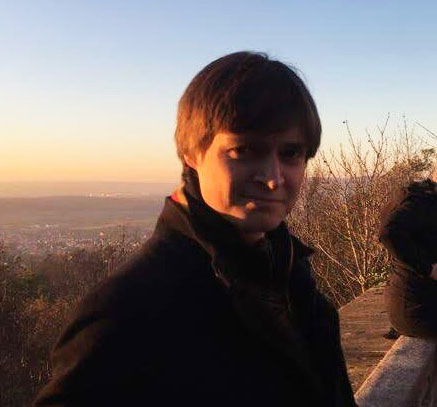
Eric Eisner
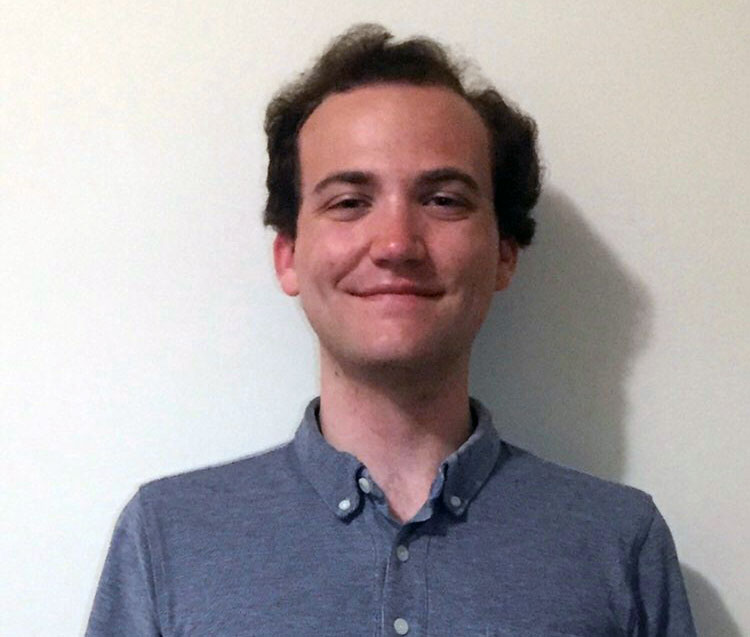
Eric Eisner is an MPhil student from the United States, studying American history.
The subject of his master’s dissertation is the relationship between race and the religious test in North Carolina from 1776 through 1868. While the national government has never restricted the right to hold office on the basis of religion in America, at the state and local level, certain religious beliefs were often a prerequisite for public office before the Supreme Court ruled that the federal Constitution prevented state governments from imposing a religious test in 1961.
Although the religious test in North Carolina was never consistently applied in practice, North Carolina formally restricted the right to hold any position ‘in the Civil Department within this State’ to Protestants from 1776 until 1835, when the state amended its constitution to narrow the religious test to exclude only non-Christians. In 1868, in the aftermath of the American Civil War, North Carolina adopted a new constitution that barred only atheists from office on the grounds of religion.
Between American independence and the Civil War, North Carolina also, like several American states, gradually abolished the property requirement to vote and redefined political inclusion in racially exclusive terms. Whereas free black men with property had once had the right to vote, North Carolina restricted the franchise to white men in 1835. Several historians have recently argued that the regrounding of political inclusion on the basis of race and gender in the early nineteenth-century United States served both to end the property requirement and also to reduce the already meagre rights possessed by free blacks. I extend this interpretation further in my dissertation and argue that the primary force behind the diminishment of the religious test in North Carolina was a white male populism that simultaneously advocated the greater inclusion of white men in politics—by removing property requirements and abolishing religious tests—and the constriction of non-white political participation, by disenfranchising free black men.
Viviana Pupeza
Viviana is a doctoral student in the Department of Geography and a member of the Infrastructural Geographies Research Group. Her doctoral training is funded by the German Academic Scholarship Foundation (Studienstiftung des deutschen Volkes). For her doctoral research, Viviana explores the territorial transformations of Cecil Rhodes’ project, Cape to Cairo, for a railway between the Cape Colony and Egypt from the 1890s. She analyses the socio-political impact of the South African Railways with emphasis on Cape Town by investigating how Rhodes’ infrastructure became a tool for territorial capture, as well as exploring the political vision of post-colonial planning. Viviana’s work examines, on the one hand, how the territorial governance of this large-scale infrastructure materialised and influenced geopolitical and socio-political relationships considering spatial and social justice. On the other hand, her project scrutinises to what extent the historiography of Rhodes’ infrastructure project in southern Africa can indicate why and how its vision and realisation are contradictory on the ground, as well as how the project is received in order to contribute to public policymaking in distorting African city imaginaries. Viviana hopes her findings will not only be relevant for intellectual advancement in urban geography, urban history and urban
Before beginning her doctoral studies, Viviana earned her Master of Philosophy in Architecture and Urban Studies (2020) at Clare Hall whilst in the Department of Architecture and History of Art. For her distinguished dissertation entitled Government Railways in the 1900s. A Resource for Resistance she was awarded a second prize for the best-taught master’s dissertation by the Royal Geographical Society’s Planning and Environment Research Group.
Prior to Cambridge, Viviana worked in the Urban Studies Institute at the Universität Basel as a teaching and research assistant, and in architectural firms in Switzerland, Jordan, Germany, and the Netherlands. She earned her Diplom-Ingenieurin degree in architecture (2013) from the Leibniz Universität Hannover, and also studied Naples’ urban history at the Università Degli Studi di Napoli Federico II.
Viviana is an enthusiastic member of the Cambridge University Lawn Tennis Club.
